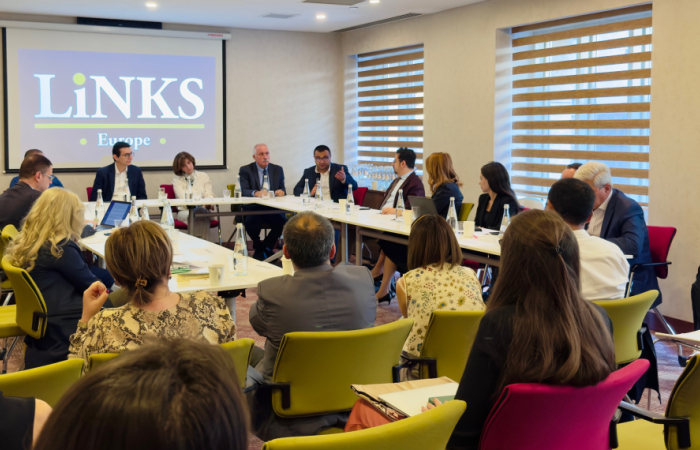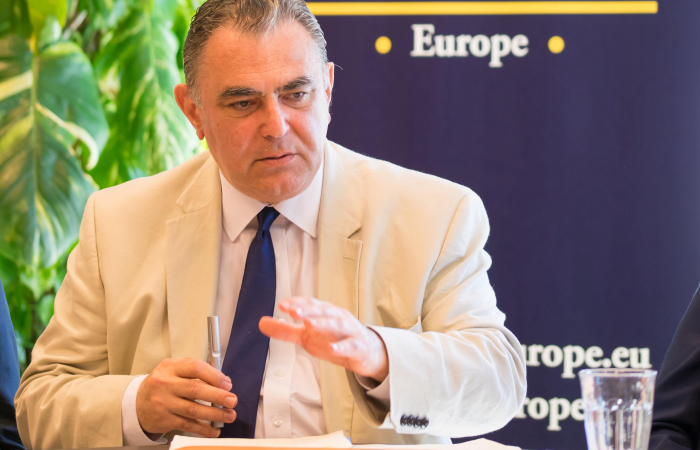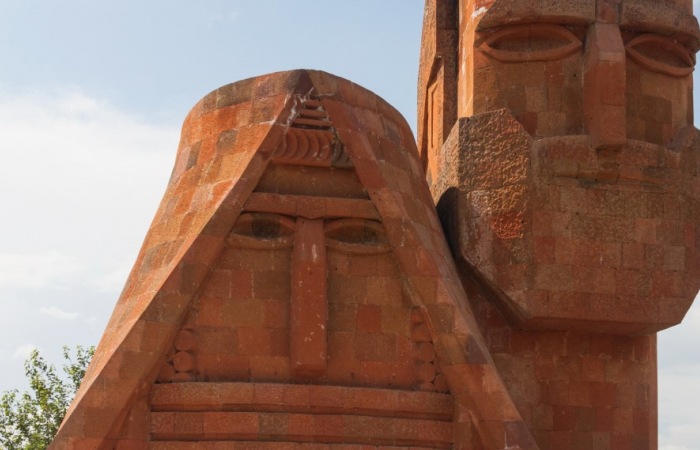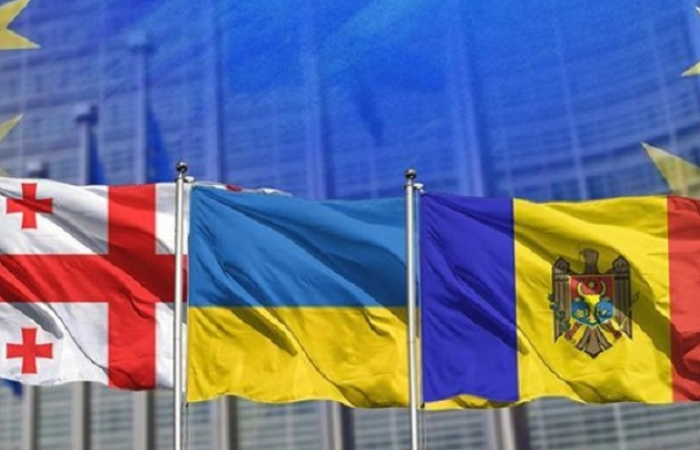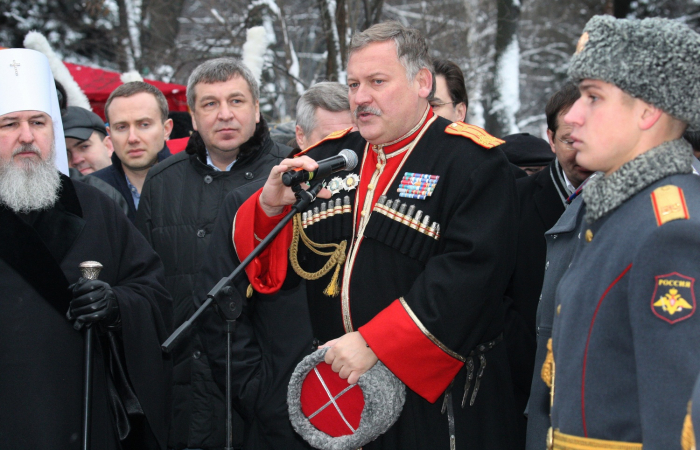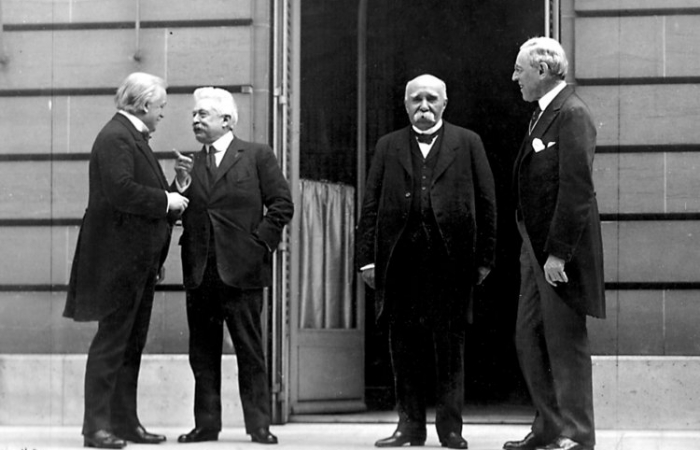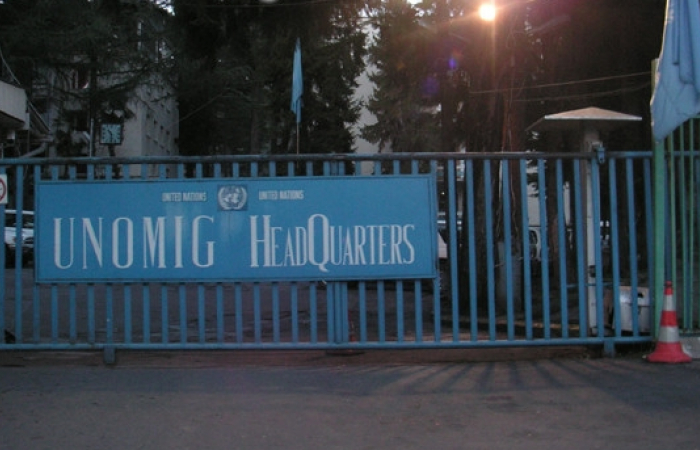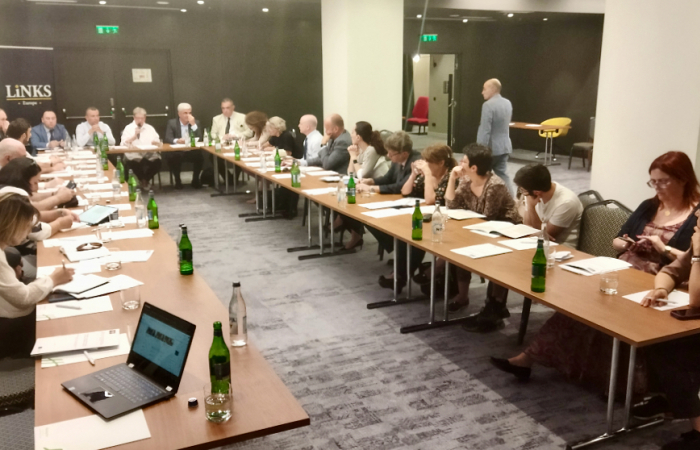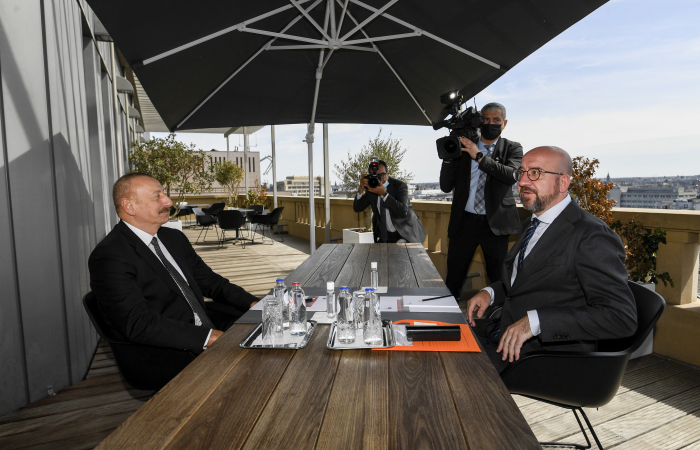Editor's choice
This is a members’ functionality. Please
Sign upEditorial
Trending
Editorial: Give Georgia, Moldova and Ukraine EU candidate status now!
9 June 2022
In the next few days the European Commission will announce its opinion on the request of Georgia, Moldova and Ukraine for European Union candidate status. A decision will then be taken by the 27 member states in the European Council at the end of this month.
“Candidate Status” is the beginning of a journey for any country that wants to join the European Union. In the case of many successful candidates in the past, the process has often taken a decade or more. In the case of others, such as Turkey, the process does not appear to have an end in sight. In short candidate status is not an automatic ticket to EU membership, simply a political expression of the will of the applicant and of the EU to embark on the journey. This notwithstanding the EU has been increasingly hesitant to give a membership perspective to the trio. This is partly due to the so called “enlargement fatigue”, partly because there are those within the member states and the institutions who do not think Georgia, Moldova and Ukraine should be in the EU, period! These sceptics have been caught on the wrong foot by the war in Ukraine, the heroism of the Ukrainian resistance to the Russian invasion, and the decision of the trio to bring forward their request for candidate status and to ask that it be dealt with urgently.
Clearly, Georgia, Moldova and Ukraine are not ready for EU membership today, but that is not what is on the agenda now. The many challenges facing the three countries should not be hidden under the carpet, and the political elites in Tbilisi, Chisinau and Kyiv must assume their responsibility to ensure political, economic and judicial reforms are implemented more comprehensively and more speedily. But for now, candidate status, especially in the present context, is primarily a political decision and a political statement, and it should be extended to the three countries now!
commonspace.eu editorial team



